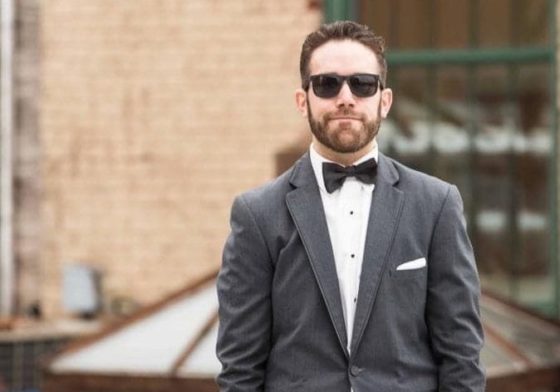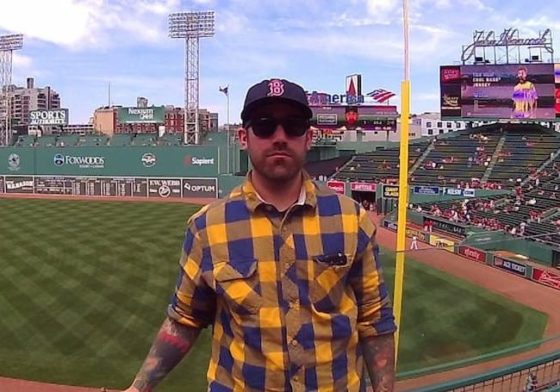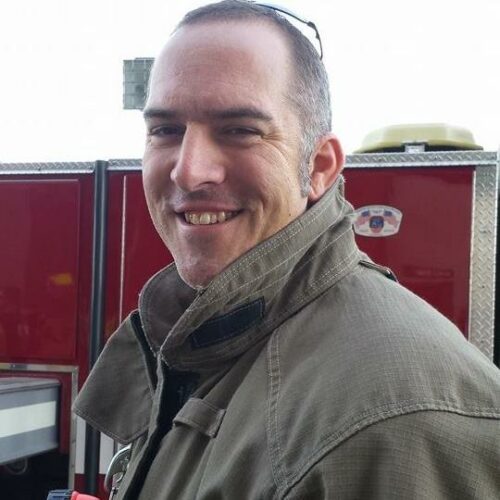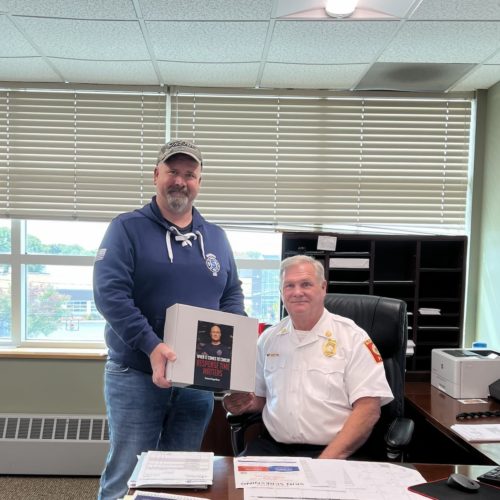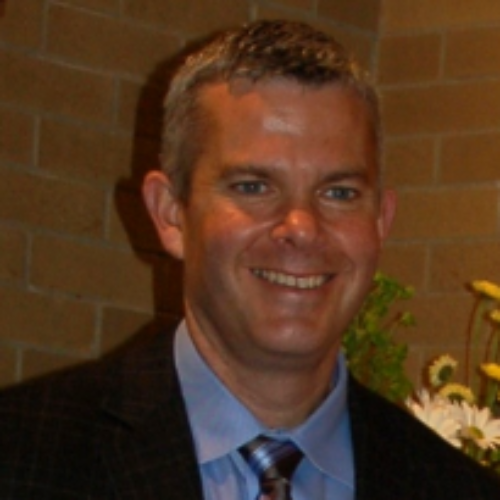Family history, frequent bathroom trips, and difficulty passing stools all led to me being diagnosed with colon cancer at 35.
I began experiencing major changes in my body while at a baseball game at Fenway Park. I fainted and was rushed to the emergency room for observation where I was diagnosed with dehydration. The next day, I saw my primary care doctor who confirmed the dehydration but said to be in touch if I experienced anything else.
It was not until the fall of the same year that I began experiencing bowel movement issues (difficulty passing stools, blood in stools). At that time, I saw my primary care doctor again and was sent home with a kit to provide a stool sample for biopsy, which came back twice as traveler’s diarrhea. After a week-long antibiotic treatment, there were signs of improvement, but as soon as I was off the medicine, my symptoms returned. So, I was sent to see a gastroenterologist for my first colonoscopy.
This procedure changed my life. Maybe it was denial or the sedation, but I vaguely remember the gastroenterologist coming out to see me and my wife in the recovery room and being told I had a large cancerous mass in my lower colon. An appointment with a surgeon has already been scheduled. To be told I had cancer was a surreal experience.
Family history, frequent bathroom trips, and difficulty passing stools all led to me being diagnosed with colon cancer at 35.
Colon cancer is a part of my family history. My mom had the same diagnosis in 2004, and my early adult life was spent supporting her. My experience with my mom’s cancer and her years of treatments, procedures, and follow-ups helped me accept my diagnosis.
I soon met the surgeon who would perform my surgery, the oncologist who would (and is currently) lead my care plan, and various nurses and healthcare support team members at the cancer center. I felt I was in good hands. Over the days, weeks, months and years since being told I had cancer, I have had countless procedures, treatments, appointments, and emotions. My care team and support system—my wife, mom, sister, brother, immediate family and close friends—have helped me through this unthinkable journey.
Colon cancer did not only affect my mom and me. In 2021, my sister Michele lost her battle with the same disease. Michele’s symptoms were identical to ours. But without early detection, by the time Michele was diagnosed, it was too late.
If I was to give someone in a similar situation any sort of advice, I would say pay attention to your body and be your own advocate. Your support system can only help if they know you need it, and your support system will only know you need help if you advocate for yourself. Speaking up to my support system and my doctor may be the reason I am here today.
Symptoms
- abdominal discomfort
- frequent trips to the bathroom
- difficulty passing stools
- blood in stools
